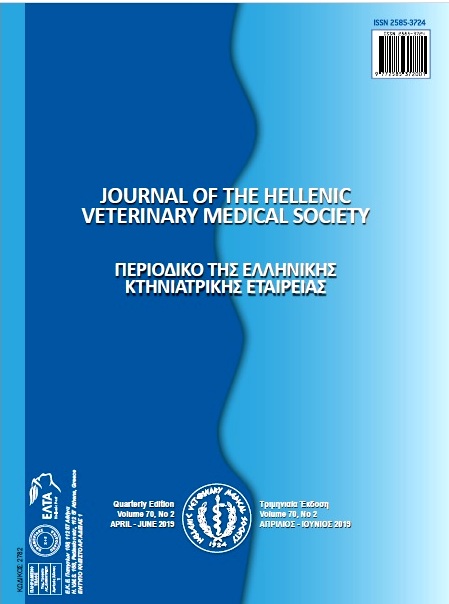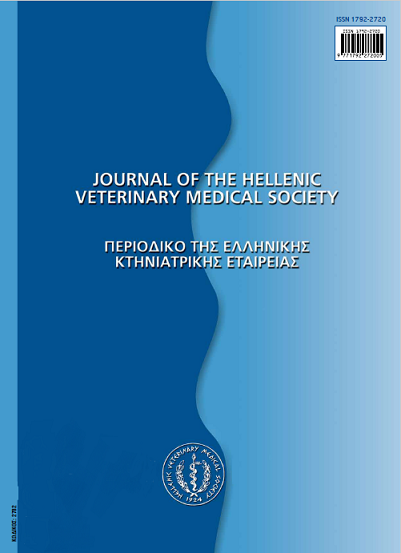Remarkable characterization and determination of atypical E. coli O157 none producing shiga toxin which can produce cytopathic effect on Vero cell and diarrhea in mice
Résumé
This study focused on the cytopathic effect of an unusual form of E. coli O157:H7 (atypical E. coli O157 (a-O157)) on Vero cell and infant mice. Multiplex PCR assay showed that they did not carry the gene for either shiga toxin 1 (stx1) or stx2 and other virulence factors. Increased changes in epithelial cell morphology, inter and intracellular gap junction and invading were assessed using Vero assay. In addition, a-O157infection causes disruptions of intercellular tight junctions, leading to clinical sequelae that include acute diarrhea in mice. Vero cell monolayers were exposed to a-O157influx and disintegrated tight junction of Vero cell line. Infected Vero cell enhance the number of attaching and effacing (A/E) lesions. Collectively, these findings provide in vitro evidence that Vero cell infected by a-O157was shown injury in epithelial cell barrier and induced A/E lesion the same as E. coli O157:H7 stx positive. These variants cannot be diagnosed by routine monitoring methods like biochemical assay for E. coli O157:H7 stx positive control. Finally, the data suggest that not only typical but also a-O157are an important cause of diarrhea in mice and produce cytopathic effect on Vero cell and may be harmful for food animal and also human.
Article Details
- Comment citer
-
MOSHIRI, M., TAHAMTAN, Y., & NAMAVARI, M. (2019). Remarkable characterization and determination of atypical E. coli O157 none producing shiga toxin which can produce cytopathic effect on Vero cell and diarrhea in mice. Journal of the Hellenic Veterinary Medical Society, 70(2), 1467–1472. https://doi.org/10.12681/jhvms.20814
- Numéro
- Vol. 70 No 2 (2019)
- Rubrique
- Research Articles

Ce travail est disponible sous licence Creative Commons Attribution - Pas d’Utilisation Commerciale 4.0 International.
Authors who publish with this journal agree to the following terms:
· Authors retain copyright and grant the journal right of first publication with the work simultaneously licensed under a Creative Commons Attribution Non-Commercial License that allows others to share the work with an acknowledgement of the work's authorship and initial publication in this journal.
· Authors are able to enter into separate, additional contractual arrangements for the non-exclusive distribution of the journal's published version of the work (e.g. post it to an institutional repository or publish it in a book), with an acknowledgement of its initial publication in this journal.
· Authors are permitted and encouraged to post their work online (preferably in institutional repositories or on their website) prior to and during the submission process, as it can lead to productive exchanges, as well as earlier and greater citation of published work.




